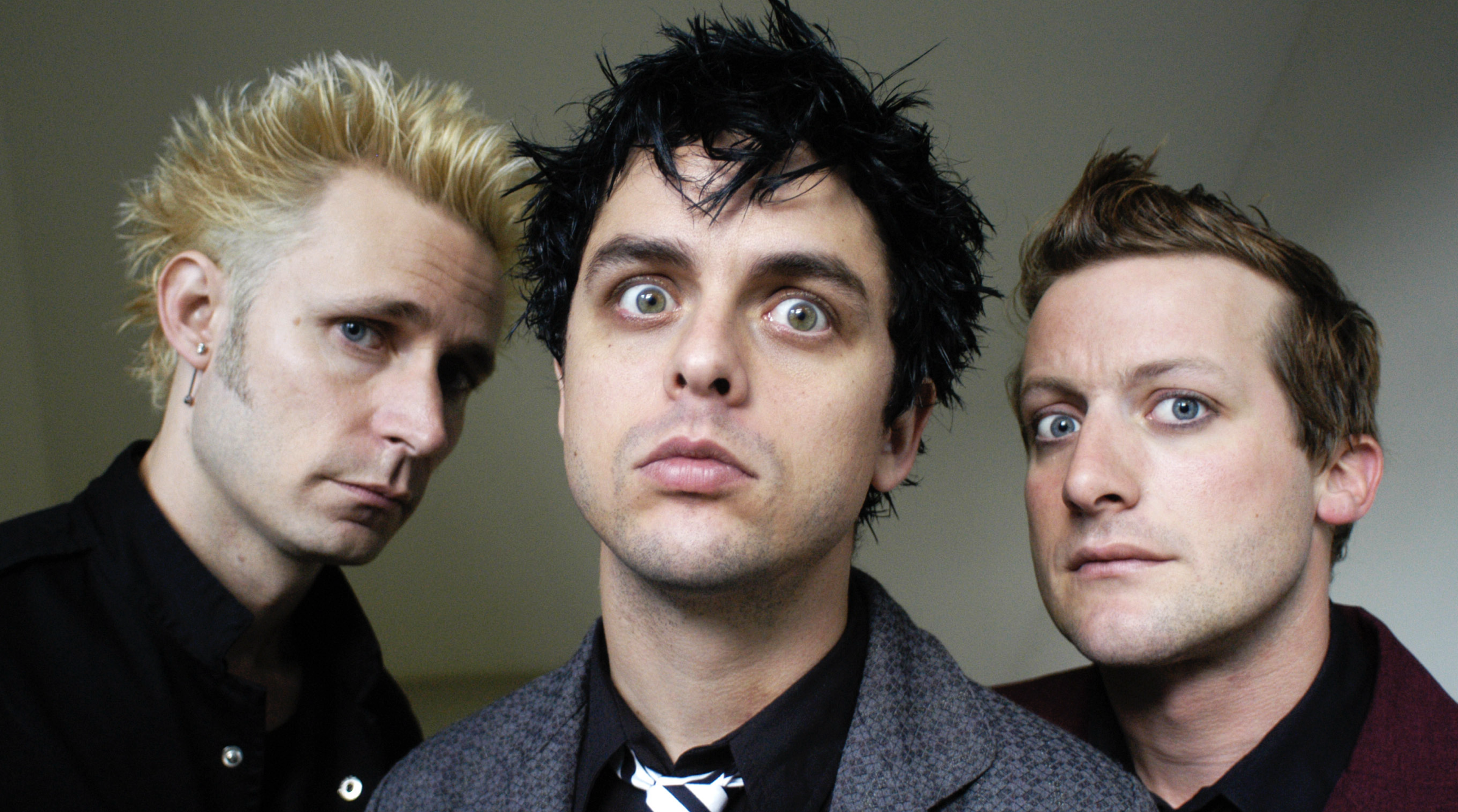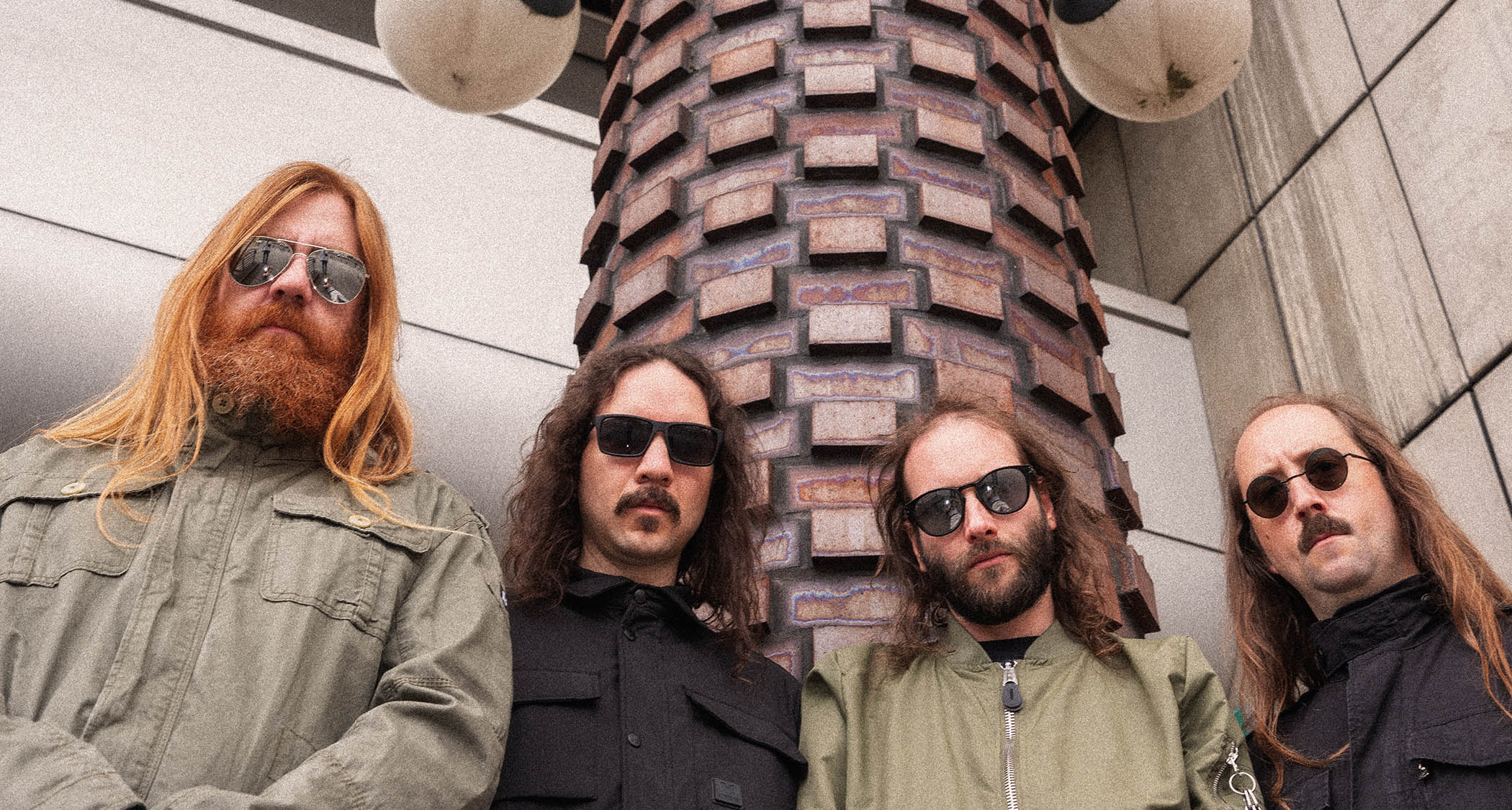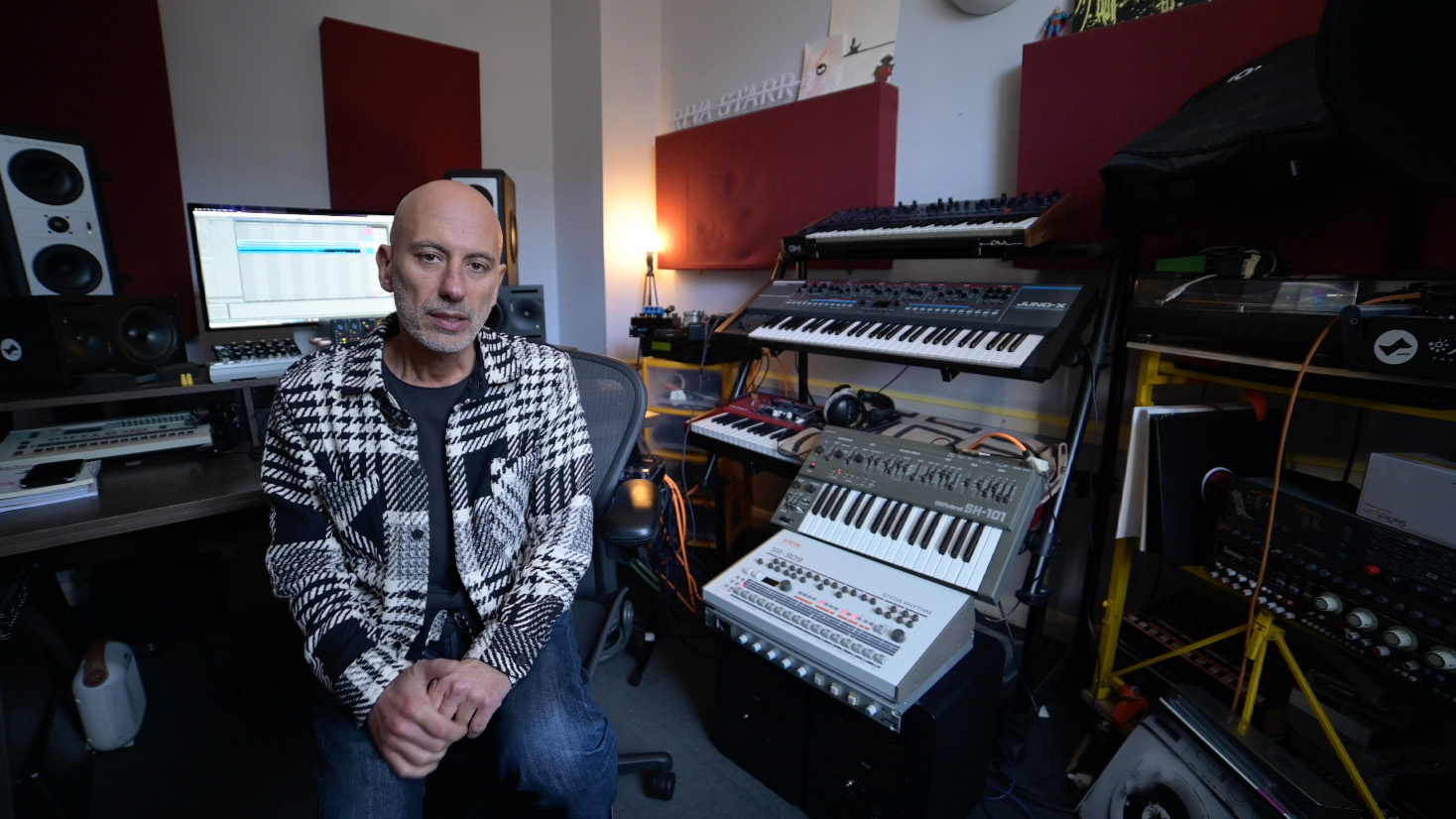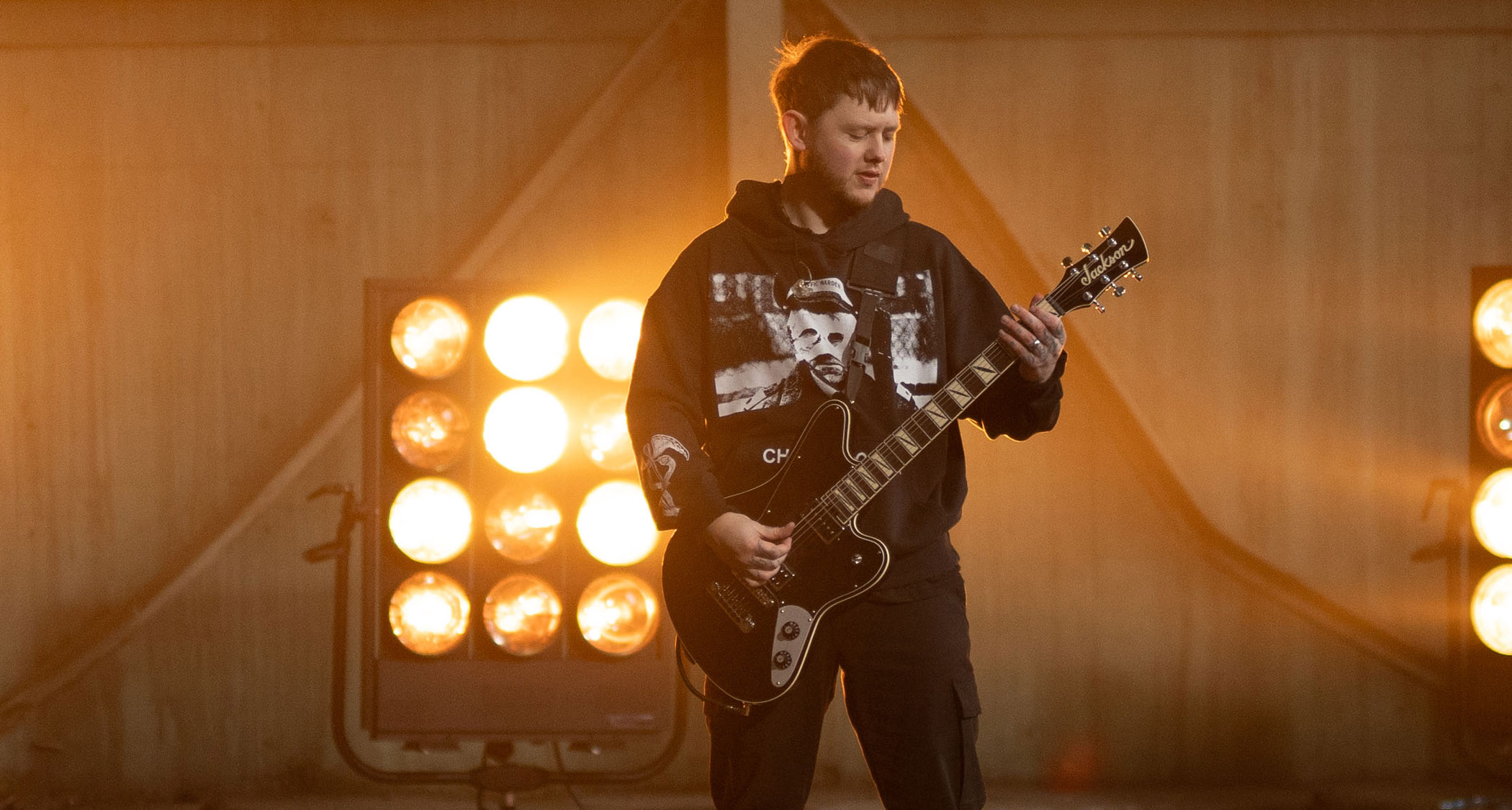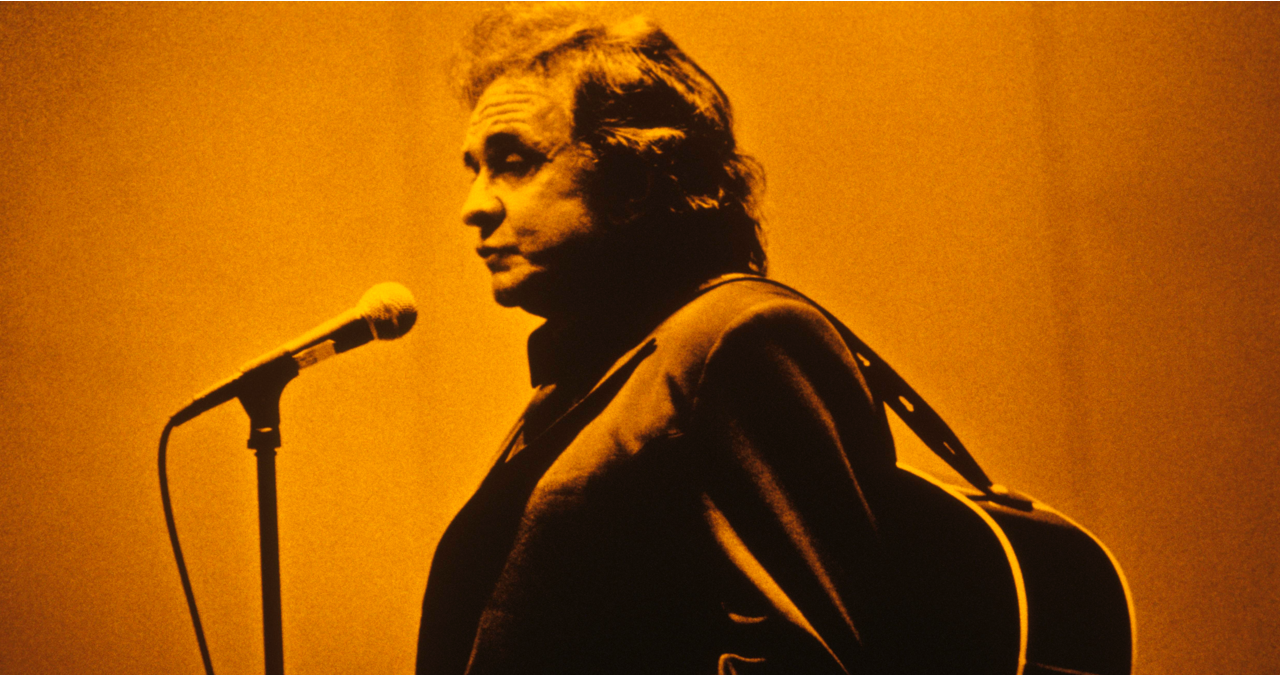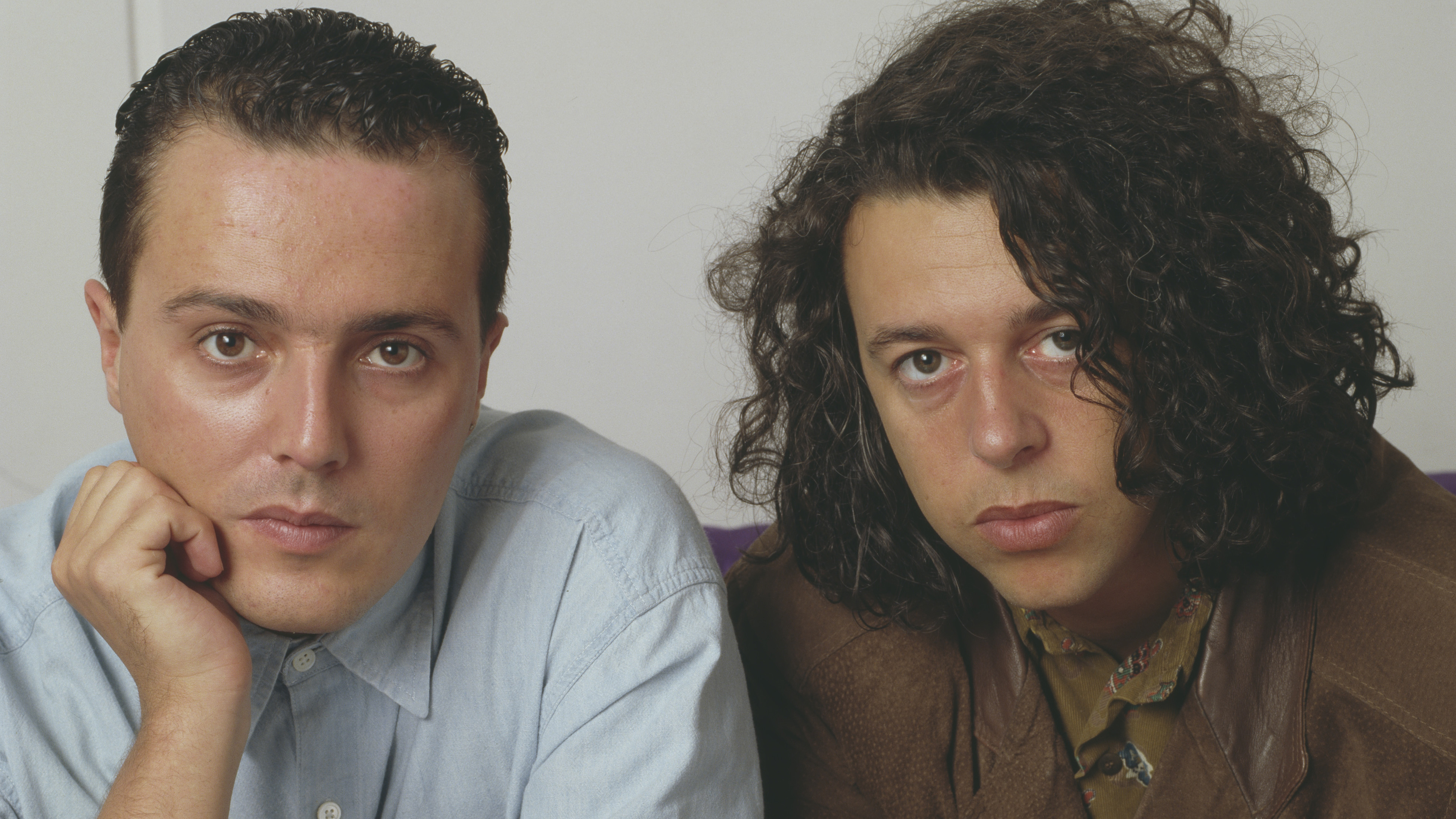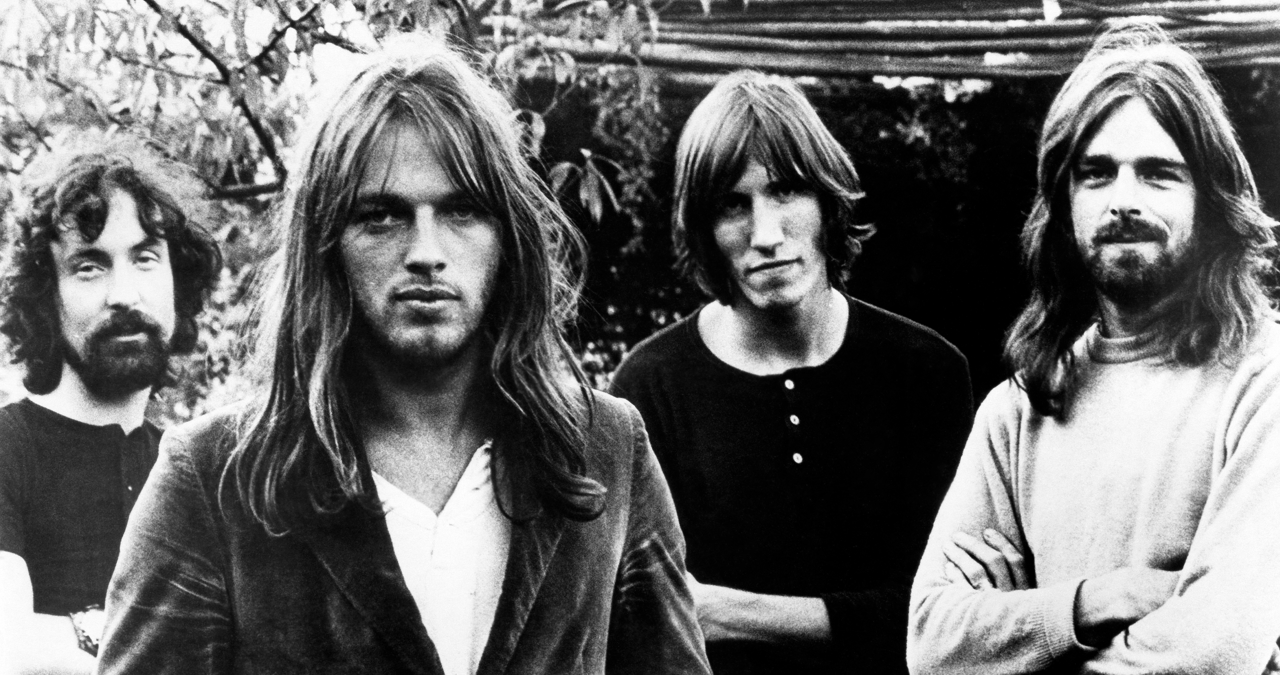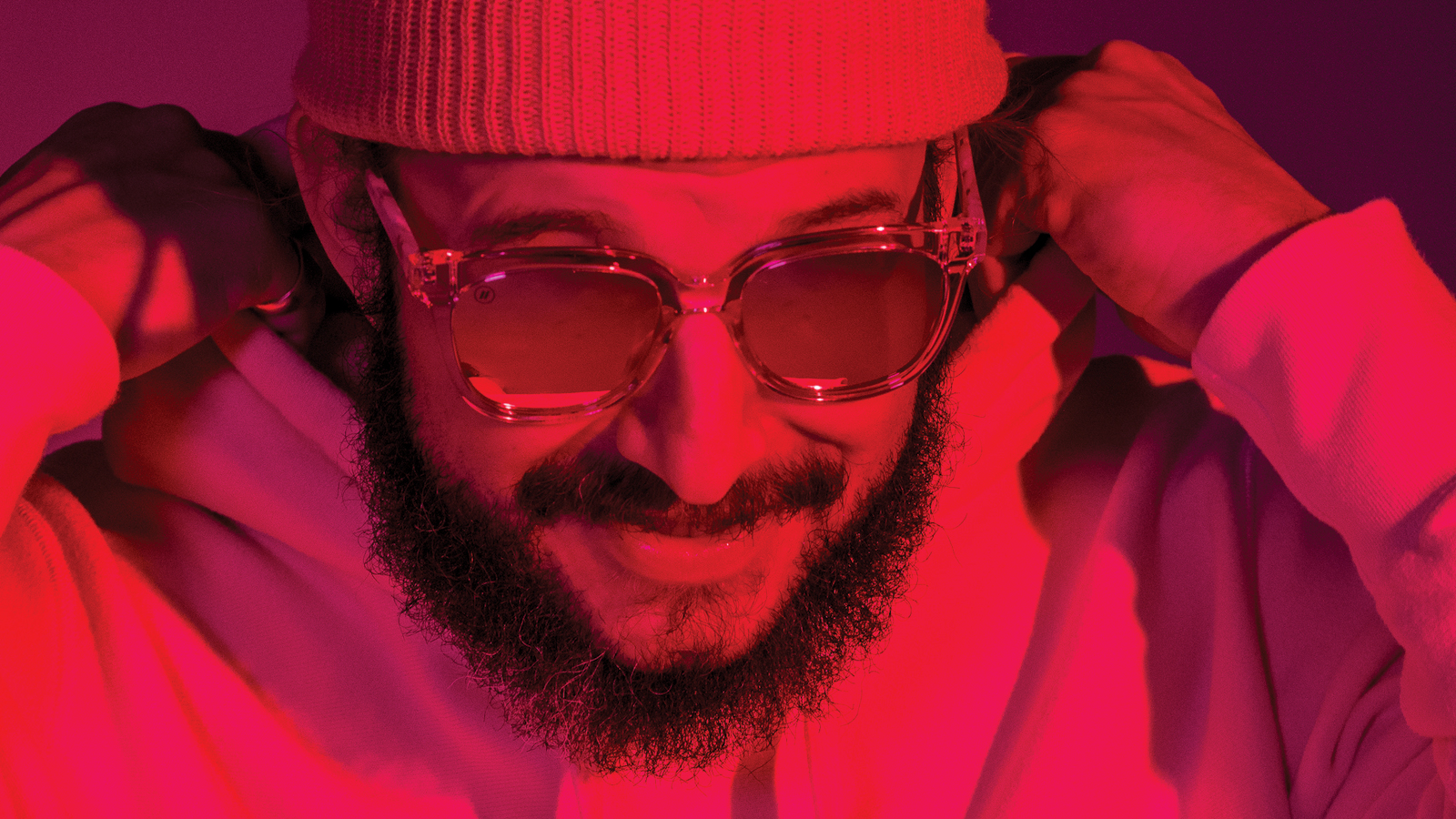"For me, it was essential - even though nobody has ever asked me what my qualifications are”: Should you consider music production school?
Attending a music production school could give you the skills to succeed in the industry. But is it really worth the money?
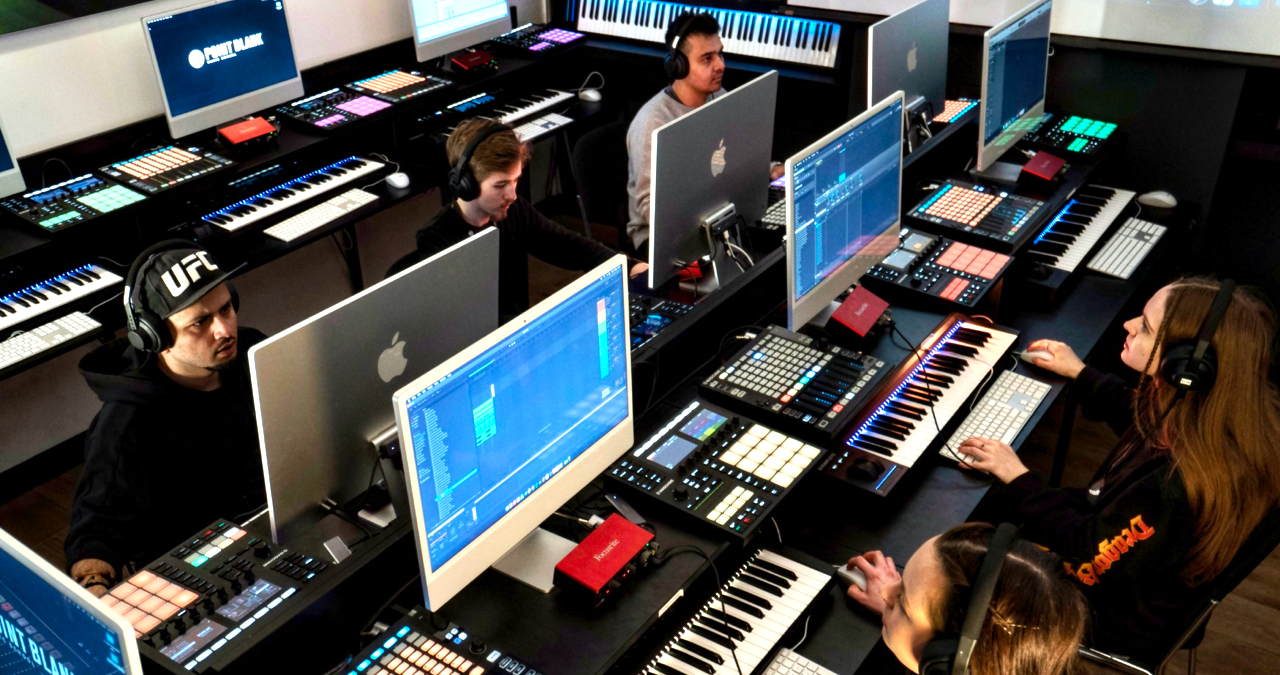
Disclaimer
Note: This opinion-based, long-read format allows a range of writers a platform to speak about the topics that are important to them. Their views are their own and do not necessarily reflect the views of MusicRadar as a whole.
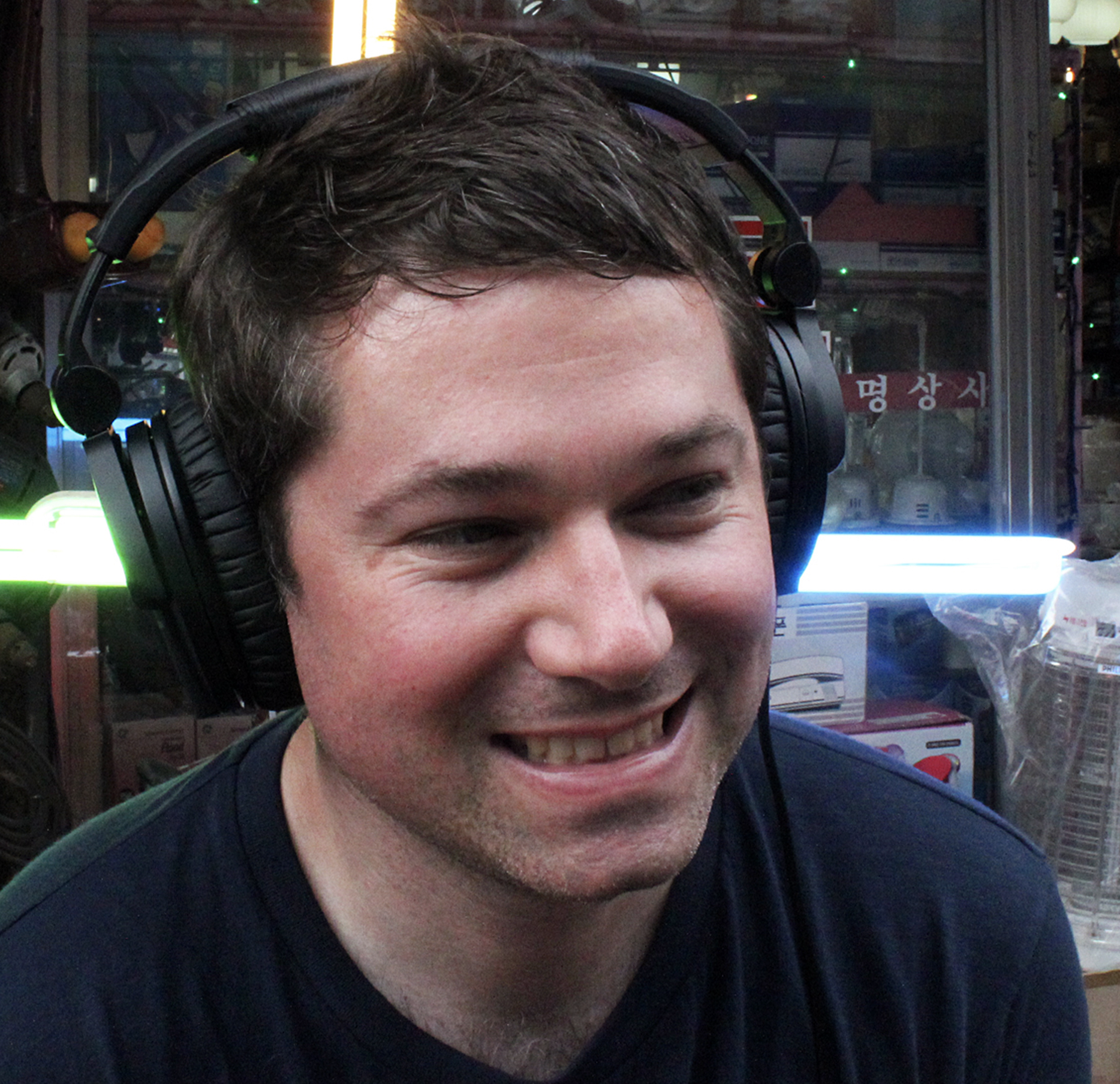
Adam Douglas is a writer and musician based out of Japan. He has been writing about music production off and on for more than 20 years. In his free time (of which he has little) he can usually be found shopping for deals on vintage synths.
When Sly Stone said that everybody is a star, he was speaking metaphorically. To become a real star takes persistence, luck, and a whole lot of skill. One way to leapfrog others on the road to stardom (or so implied) in the music industry is by first attending a music production school.
With such schools located all over the world, offering short and long courses that cover all aspects of the music industry, there’s potentially something there for everyone.
However, they can also be expensive - often prohibitively so - and with plenty of free tutorial content on YouTube (and sites like the one you’re reading now), are they even necessary in the 21st century?
In this story, we’ll break down what music production schools have to offer and what they don't. We'll explore both how they can help you achieve your goals - and why you might not want to bother.
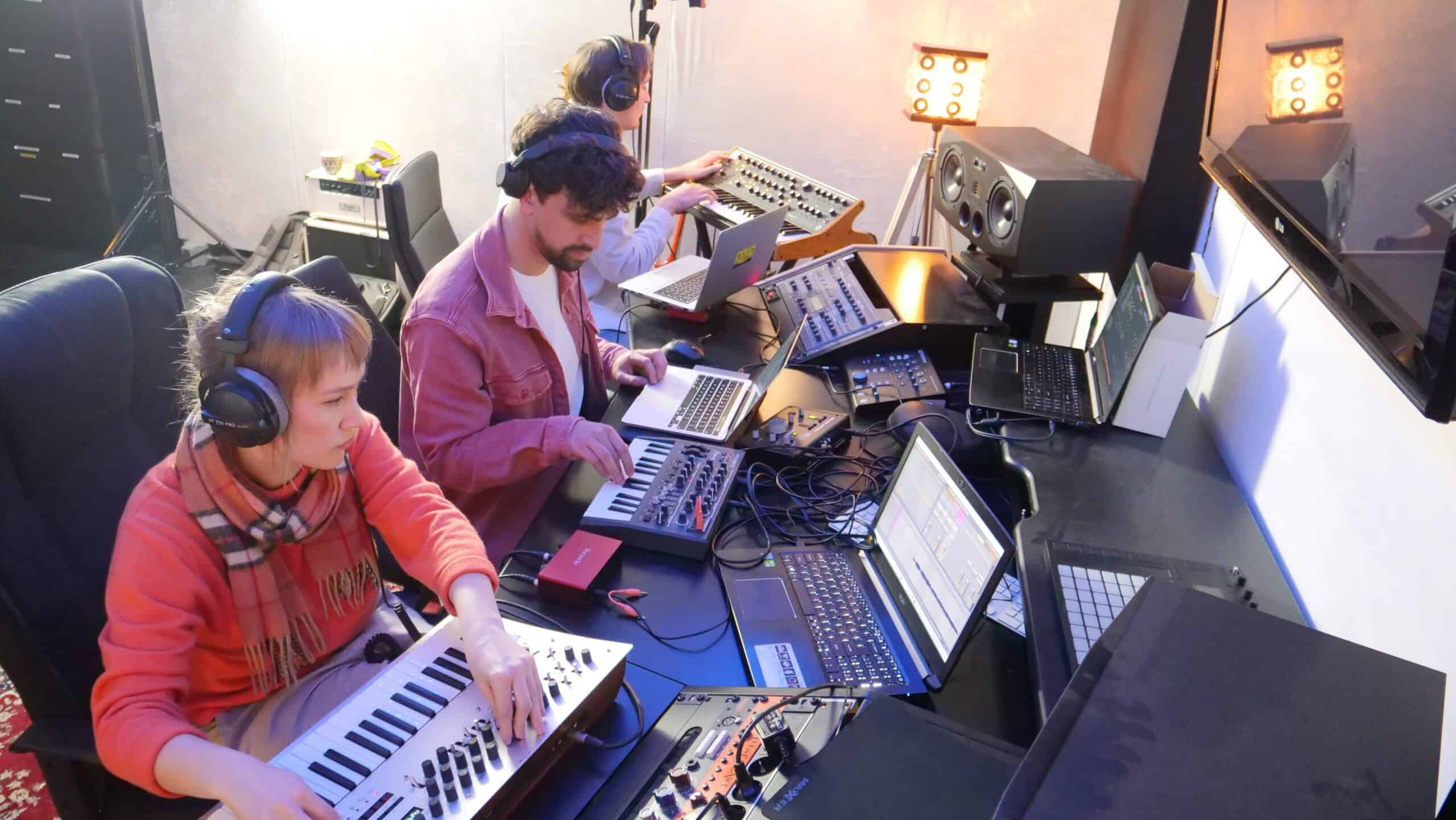
What is a music production school?
First, it could be helpful to define what we’re talking about. A music production school is a formal educational institute that teaches a variety of aspects related to music creation and the music business more widely.
This can range from composition and performance to production, engineering and mastering, to business-focussed areas such as artist management and the general music industry at large.
Pyramind, a music production school in San Francisco, for example, offers both Complete and Essential music production course programs, with classes on Ableton Live, Pro Tools, songwriting and arranging, music theory, and sound design and synthesis.
Why attend a formal music production school?
The first question is undoubtedly why would you want to attend a music production school, particularly when there is so much free tutorial content available online? We put this to Ski Oakenfull, the Head of Education and Curriculum at pointblank Music School, an international music production school with campuses in London, Los Angeles, Ibiza, and online.
Get the MusicRadar Newsletter
Want all the hottest music and gear news, reviews, deals, features and more, direct to your inbox? Sign up here.
“First of all,” he answers, “students are getting curated content, content that has been put together by industry professionals.” All of the lecturers at pointblank are from the industry, including DJs Ben Bristow and Mecha, producer Doug McAvoy, and Oakenfull himself, who has a long history playing keyboards for bands like Galliano among other credentials.
“I mean, I look stuff up on YouTube all the time,” he admits, “if I'm stuck or there's some new feature I want to check out but there's normally about 10 videos that all do the same thing. The content that we create in our courses are really well curated and thought out.”
They also scaffold, which is an important term in education, where concepts build upon one another. “Rather than just snatching information here and there,” he clarifies, “it's also allowing the opportunity for students to have a journey, and it's scaffolded so that they can reach a point where they feel that they can then move on to the next point.”
He gives an example where students on a three-year course would build up a portfolio of work throughout their educational career. “When they apply for jobs,” he expounds, “whatever that may be, they've got something to say. Like, I've studied for three or four years at pointblank Music School, and I've built up all this skill and this knowledge.”
Not everyone wants to be the focus of attention. For every superstar DJ or diva vocalist, there’s a team of people manning the faders on mixing desks, setting up tours, working at record labels, and running radio stations. Music production schools often offer courses for these sectors of the industry as well.
The Berklee College of Music offers a music business/management major as well as music education and even music therapy programs.
The school now also features a Bachelor of Arts in Music Industry Leadership and Innovation, a music business major for non-musicians, with no audition or instrument proficiency required.
At pointblank, there are dedicated music business and radio and podcasting programs.“We have a dedicated music business degree,” says Oakenfull, “and that's very much for people who don't want to be musicians or artists themselves. They want to develop their own skills, either as a music manager or an agent, or set up their own record company.”
Pyramind has a Music Business Academy, with modules such as digital marketing and artist branding, music business essentials for independent artists, and social media for musicians.
Speaking of social media, just because you have an online presence and positive engagement, that won’t necessarily translate into financial success, cautions pointblank’s Oakenfull.
“(The music industry) is so democratic now, you can distribute your music and almost feel deluded that you're getting successful because of how many likes or clicks you have on something,” he cautions, “but that might not necessarily lead to a career or any sort of financial stability. (Music production education) is very much encouraging young people who are going into the industry to think about monetising themselves and being entrepreneurial having a portfolio career.”
Aren't music production schools expensive?
While the idea of spending three or four years studying music and music production exclusively could be very tempting, one thing that will temper that excitement is the cost. Music production schools can be very expensive.
Soundtrack composer and YouTuber Alex Ball did a degree in music composition for professional media. “It was the groundwork for all sorts of things, music and music business related,” he tells us. Although it was expensive, to him it was ultimately worth it. “I had a sizable student loan, but paid it off with work directly related to my degree, so for me, it was essential even though nobody has ever asked me what my qualifications are.”
When we ask Ski Oakenfull about what pointblank tells prospective students who are worried about finances, he answers, “The great thing now is that we offer degree programs, and in the UK, you can get student funding for that. And the way the student loan system is, (students) don't have to start paying that back until they earn over a certain amount of money.”
Short courses are also available at pointblank, Oakenfull points out. “We have lots of taster courses as well you could do, like a weekend or some evening classes, so you wouldn't necessarily need to commit a lot of money initially, but if you love that experience, then you can take longer courses if you want to.”
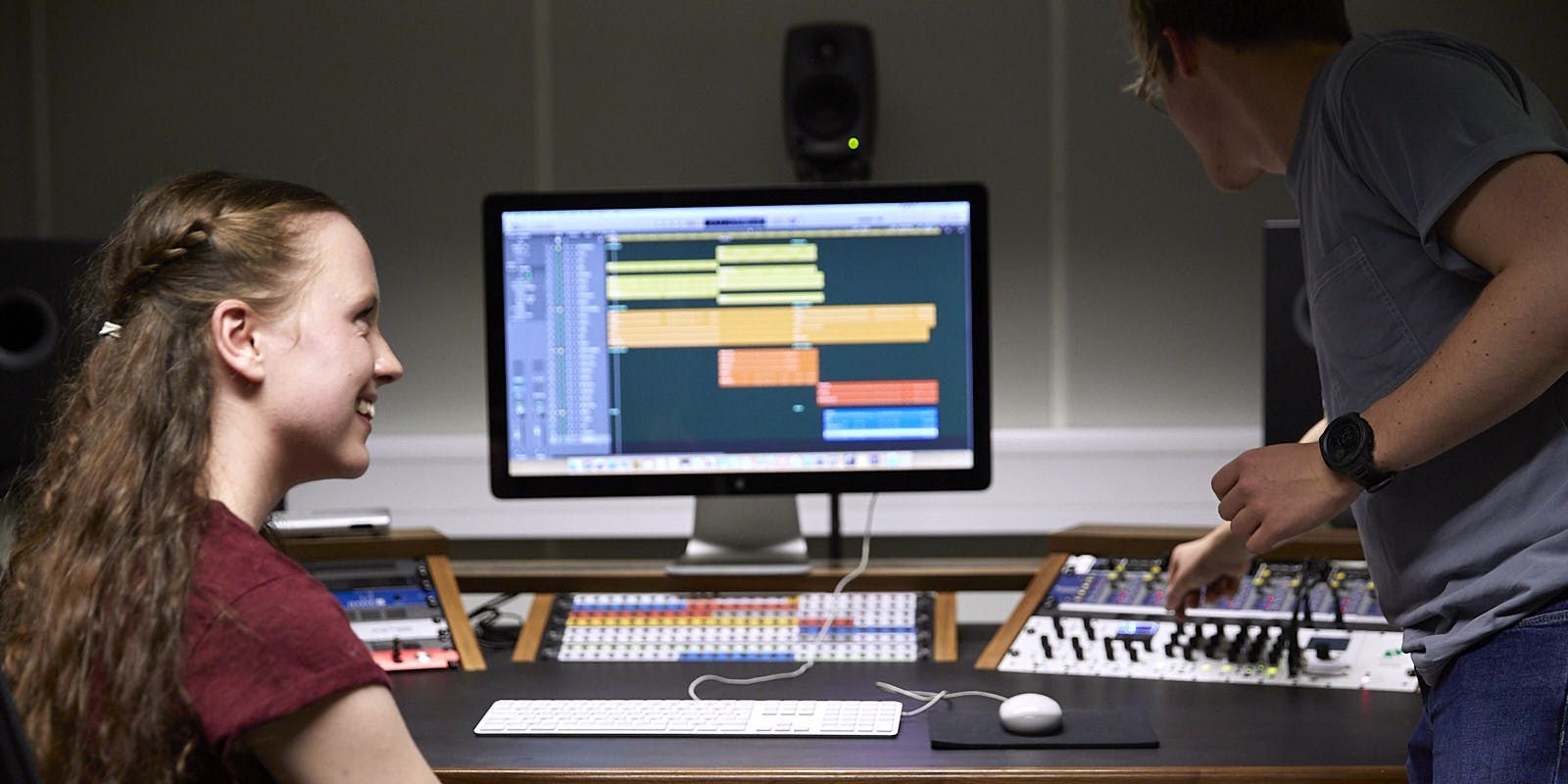
Who doesn't need to go?
While formal music production schools can offer a lot, they’re not for everyone.
Live techno artist Saytek, who has been performing and releasing records for two decades, says, “It’s by no means necessary to attend a music production school to have a career in electronic music - this is, in fact, a relatively new concept.”
Chizawa Q, whose latest album Xenoverse on R&S Records confidently combines Detroit-influenced techno with jazz, developed his style on his own. “I haven’t had formal music education,” he says, “Most of what I know comes from self study through books and videos.”
Experimental musician Sarah Belle Reid has similar feelings about music production schools. “Formal music schools and programs can be a great option for certain people,” she says, “but I don’t think they should be viewed as the only path to success in music.”
Reid, who combines trumpet with modular synthesis, says, “Going through a degree or vocational progress focussed on musical production or performance or instrument design can help clarify the types of skills you need to cultivate, but it’s definitely not the only way to acquire those skills.”
Along with music production and performance, she is also an educator, with her own courses in electronic music production, which she sees as a ‘middle ground’ between a formal music institution and YouTube tutorials. “For example,” she explains, “my class Learning Sound and Synthesis has the same depth and rigor of a university level course, but with much more flexibility in terms of timeline, schedule, and location. That’s huge for many of my students. They’re working full time, many have families, but they still want to prioritize music in their lives. For them, a traditional semester-based school wouldn’t work.”
The one area that everyone seems to be in agreement on was the networking opportunities that schools can provide.
“I do see these schools as very useful for some people,” says Saytek. “Additionally, the networking at some of these institutions can be excellent; I’ve seen students at pointblank go on to have successful careers, partly due to connections they made while in college.”
Chizawa Q also sees the value in being in a school environment for the people that you can meet. “I believe there are opportunities even without formal education,” said Chizawa Q, “but some things require knowledge, and being surrounded by good peers can help.”
“I will say,” comments Sarah Belle Reid, “as someone who went to formal music school, something I did find extremely valuable was the community aspect of being in a school environment with others. It’s one thing to learn the skills and tools, but the conversations in the hallway in between classes and the relationships you build with others in your field can offer lifelong value.”
Ski Oakenfull also highlights this opportunity. “One of the great things (at pointblank) … is the networking opportunities. For me, collaboration is one of the most important things in music. We have what we call an ecosystem where we now have so many different areas of the music industry being taught and covered, whether that's coding, music business, songwriting, singing, sound engineering, sound design, DJing as well, radio, audio podcasting. Within that period of time that a student is studying, they have the potential to collaborate and meet people.
So, should you go?
While attending a formal school could give you a leg up in the industry, offering you a sense of confidence in how to navigate the music world plus a contact list of people to rely on, not everyone will benefit.
“I think it depends a lot on the learning style of the individual,” cautions Sarah Belle Reid. “Do you need more structure and accountability, or do you prefer more space and self-paced learning?”
Chizawa Q stresses that you should consider your goals: “Whether a music school is worth it depends on your goals and what you want from the experience. Ultimately, I think the right path is to follow what excites you. It’s usually the best guide.”
Alex Ball, on the other hand, sees it as an investment. “It’s about understanding whether the course is a worthwhile investment in developing and preparing you for the next four decades of working,” he says. “For some it might not be, but for me it was a very well spent three years.”
Lastly, when asked if he thinks that there is a music career goal that wouldn’t benefit from an education at a formal music production school, pointblank’s Ski Oakenfull remarks, “It's very much dependent on the type of person you are. But if I try to think of a specific thing, I think any area of the music industry could potentially benefit from going to school.”
Adam Douglas is a writer and musician based out of Japan. He has been writing about music production off and on for more than 20 years. In his free time (of which he has little) he can usually be found shopping for deals on vintage synths.
“Without investment in music education our talent pipeline is at risk of drying up along with the huge opportunities for economic growth it brings”: UK Music draws up five point plan to “turbocharge” music education
“These tariff actions will have a long-term effect on musicians worldwide”: The CEO of NAMM urges Trump to dump tariffs on components of musical instruments



